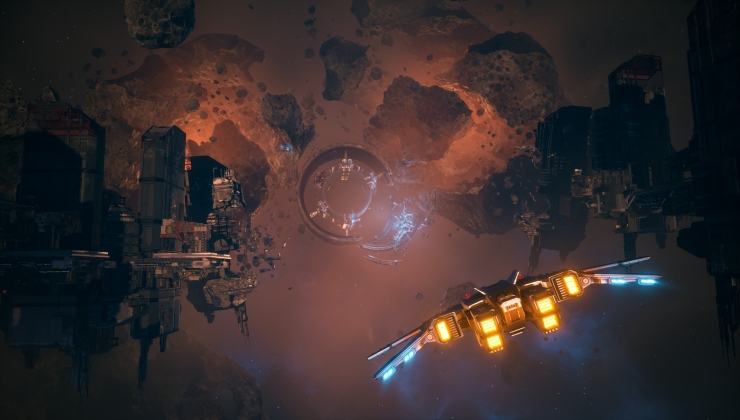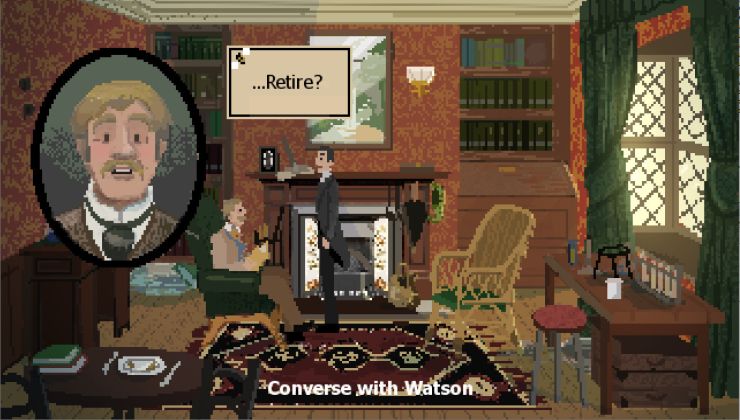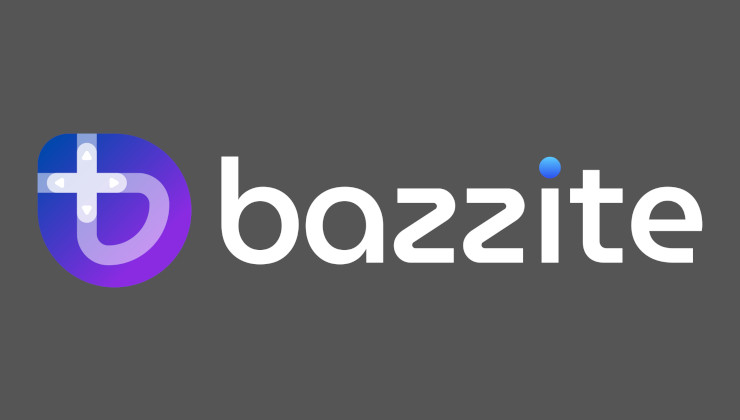While the state of Virtual/Mixed/Augmented Reality (XR) is constantly in flux and improving all the time, Unity have announced with Unity 2019.3 that their built-in XR support is being deprecated.
Unity 2019.3 is the next upcoming (Edit: now out after we published this) major build of the Unity game engine, currently in Beta and when released they're going to be pushing their newer unified XR plugin framework. It makes sense, giving developers of XR hardware the chance to get updates out a lot quicker, rather than waiting for engine upgrades.
With this change, Unity developed official XR plugins for "supported platforms" including ARKit, ARCore, Microsoft HoloLens, Magic Leap, Oculus, Windows Mixed Reality and PlayStation VR. Notice anyone missing? Valve. That's because Valve are developing their own OpenVR Unity XR plugin in-house. Hopefully this process will enable Valve to improve SteamVR support in Unity for Linux, since they will control the plugin.
Unity 2019.3 is also the first version of Unity that will properly support IL2CPP on Linux which the lack-of has caused issues for some developers.
You can read more about Unity's plans for XR on their blog post.
Damn, I want to buy this kit before I come to the conclusion that it is too expensive.
Is valve planning on doing that on their side ?
VR in the Unity editor on Linux sometimes kinda-sorta works. Beyond the highly mediocre performance (editor struggles to run at 30 hz, while builds run just fine at 120 hz), it's just really unstable with regular lock ups. My current project requires restarting Unity every time I hit the play button a second time. GLX gets stuck waiting forever on a fence. I've been back to developing on Windows for the time being. Hard to blame them for not having stellar support for a niche product on a niche platform though. I'm thrilled that it works at all. :D
Hopefully the change will help clear out some of the dust and cobwebs.









 How to set, change and reset your SteamOS / Steam Deck desktop sudo password
How to set, change and reset your SteamOS / Steam Deck desktop sudo password How to set up Decky Loader on Steam Deck / SteamOS for easy plugins
How to set up Decky Loader on Steam Deck / SteamOS for easy plugins
See more from me